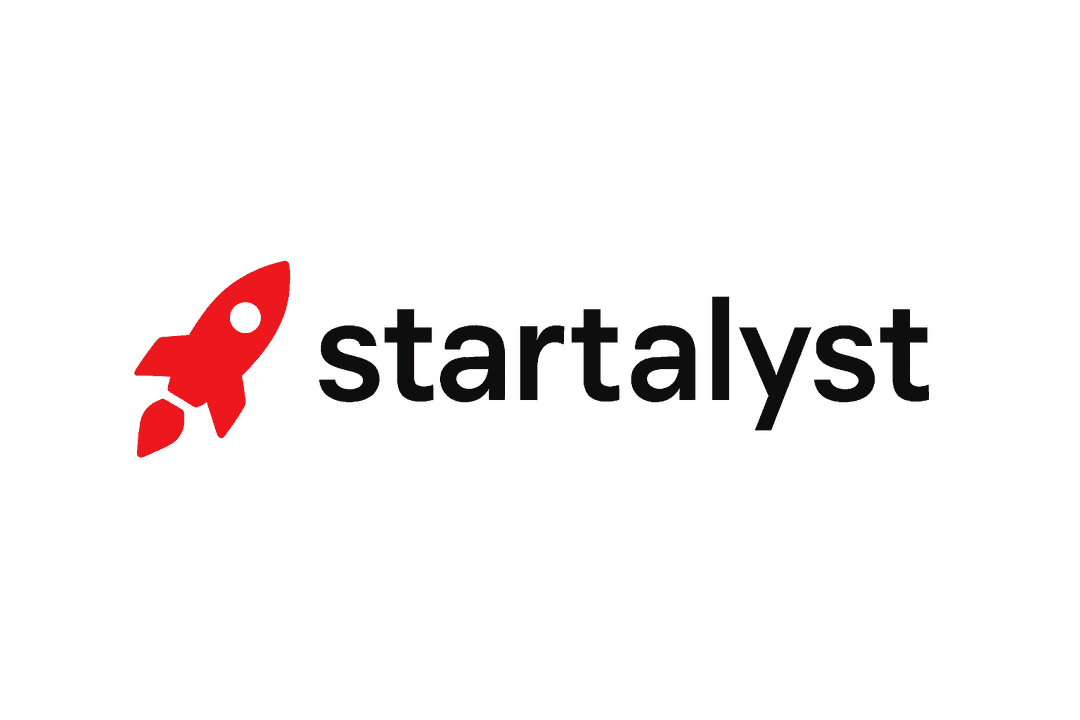Music Business Ideas Starter Guide
How to Get the Best Results
Start by testing one clear music business idea rather than chasing many at once; a focused experiment yields faster feedback and fewer sunk costs. Validate demand with small paid offers, like a local workshop, a low-cost digital product, or a single licensing pitch to one film producer.
Use audience signals to refine pricing and channels: track which pieces of content bring inquiries, which gigs convert to repeat work, and which products can be automated. Iterate monthly and scale only the tactics that pay within three to six months.
Step 1 — Who are you?
Pick the background that most closely matches your experience, then note the core skill and the immediate business advantage you can activate.
- Indie singer-songwriter with regular live shows — songwriting — You can license original songs to podcasts and short films for passive income.
- Club DJ who programs nights — curation — You can create branded playlists and subscription streams for venues and bars.
- Classically trained instrumentalist who teaches — arranging — You can arrange parts and sell custom scores to indie artists and production houses.
- Bedroom producer experienced with DAWs — beatmaking — You can sell instrumentals and sample packs to independent rappers and content creators.
- Tour manager or crew person — logistics — You can offer tour planning packages to emerging acts that want DIY road support.
- Music teacher with a steady student base — instruction — You can launch online courses or group coaching to scale revenue beyond one-on-one lessons.
- Record label intern who knows contracts — rights management — You can consult for DIY artists on splits and sync opportunities.
- Live-sound engineer with venue contacts — mixing — You can provide live-to-studio recording services and hybrid gig packages.
Step 2 — Add interests & skills
Select the interests and skills that excite you and link each to a concrete music business idea you can try.
- social media allows you to build a funnel for merch, ticket sales, and patronage through short-form content.
- email marketing enables direct sales for limited music drops and early-bird ticket windows.
- video production positions you to offer music video packages or lyric video subscriptions to local artists.
- graphic design lets you sell cover art bundles and branding kits tailored to musicians.
- sound design opens opportunities to create custom audio logos and game-ready assets for developers.
- event promotion helps you curate themed showcases and split-revenue mini-festivals for niche audiences.
- sync pitching makes you valuable to filmmakers and advertisers seeking original tracks for projects.
- fan monetization gives you the tools to build membership tiers and recurring income on platforms like Patreon.
- analytics lets you identify which songs and markets to prioritize when marketing or touring.
- merch design enables you to create limited-run items tied to single or EP releases for higher per-unit margins.
- podcasting provides a channel to interview artists and sell sponsorships or premium episodes.
- education product development empowers you to turn a teaching method into a scalable online course or workbook.
Step 3 — Set available capital
Your starting budget will shape the fastest viable music business ideas: low-cost digital offers, mid-range equipment investments, or paid scaling and partnerships.
- ≤$200 You can set up a basic website, record a professional-sounding single at home, and run a small social ad test to validate demand.
- $200–$1000 You can buy quality microphones or pay for initial licensing outreach to catalogs and short film festivals to secure first syncs.
- $1000+ You can invest in a mini-studio, hire a designer and videographer, or fund a short tour to build an audience and press assets quickly.
Step 4 — Choose weekly hours
Match your available weekly time to realistic milestones so the idea you pick fits your schedule and grows predictably.
- 5–10 hours Use this window to create a single product, run targeted ads, or host one monthly online workshop.
- 10–20 hours Allocate time to build an email funnel, produce consistent content, and reach out to collaborators or venues.
- 20+ hours Commit to full project launches, multiple revenue streams, and partnership development like sync pitching and distribution deals.
Interpreting your results
- Combine your background, selected skills, budget, and weekly time to score which music business ideas are most realistic and lucrative for you.
- Prioritize ideas that require the least new investment to test and that connect directly with an existing audience or network.
- Measure success with simple metrics: leads per week, conversion to paid customers, and gross margin per product or service.
- If a test fails, tweak one variable at a time—price, target audience, or channel—and retest for two to four weeks before abandoning the idea.
Use the generator above to reconfigure variables quickly and land on practical music business ideas you can test this month.
